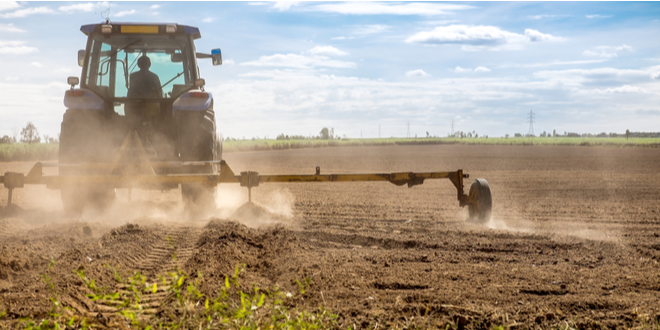The State Water Resources Control Board placed a groundwater subbasin on probation under the Sustainable Groundwater Management Act (SGMA) for the first time last week.
According to the state, the Tulare Lake Groundwater Subbasin in Kings and Tulare counties is critically over drafted and has a high number of wells (698) projected to be at risk of running dry during drought.
During probation, board staff will collect groundwater extraction information and work with groundwater sustainability agencies (GSAs) to improve groundwater sustainability plans (GSPs) so that intervention is no longer needed.
Ninety days after probation begins, most groundwater pumpers in the Tulare Lake Subbasin will be required to begin recording their groundwater pumping, and eventually, report that information to the board and pay fees. Data on where and how much pumping is occurring will provide the board with critical information about how sustainable management can be achieved.
If deficiencies are not addressed within a year, the board could move into the second phase of the state intervention process, called an interim plan. Only during this second phase, after another public hearing, could the board impose pumping restrictions on basins or issue fines for exceeding water allotments.
“Groundwater supplies in the Tulare Lake basin are clearly at risk, and we are acting today to protect this resource because communities rely on it for basic needs, in particular drinking water,” said Joaquin Esquivel, chair of the State Water Board. “Our goal remains that these basins be managed sustainably at the local level, and we are committed to helping groundwater agencies make that happen by providing data, guidance and support as they improve their plans.”
In 2023, the Department of Water Resources (DWR) determined that GSPs for six critically overdrafted groundwater basins, including the Tulare Lake Subbasin, were inadequate under SGMA because they would not bring about sustainable groundwater use by 2040. Following these determinations, as required by the law, DWR referred the six basins to the board for possible state intervention.
 California Water News Daily Your Source For Water News in California
California Water News Daily Your Source For Water News in California


